If you enjoy movies, or music, or TV shows, you’re probably paying a monthly subscription. Maybe even a couple… thousand. But do you subscribe to your video games? Because the game industry really wants you to.
We already have Xbox Game Pass, EA Access, PlayStation Now - or at least that was true a few months ago when I first started to research about this topic. Since then, Apple, Verizon, and Google have all announced their own services, oh, Xbox Game Pass is coming to PC. And uh, oh, at E3 2019 convention, Ubisoft announced their Uplay Plus gaming service. I can say from experience that game subscription services are going to take over video games. They’re already doing it so fast!
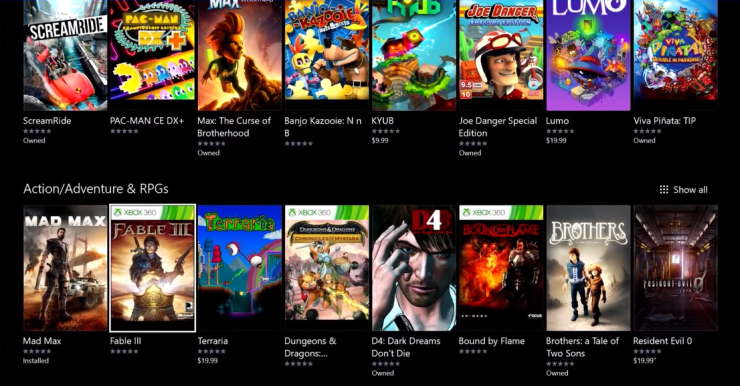
And just like Netflix has changed what we watch, game subs could change how we play games - and what those games look like. It’s also gonna mean different things for each part of the industry, so first, let’s look at who’s selling these subscriptions: the publishers, and the platform holders. It’s not really a mystery why so many game publishers are doing this, because it’s the same reason all digital content is moving this direction: the stock market baby!
“Publicly traded firms, they get a much higher valuation on the stock market when they have proof of a recurrent revenue model as opposed to a transaction based revenue model.”
Those are the words of Joost van Dreunen, Managing Director of SuperData, a Nielsen company (Yes, that Nielsen company, the one that grows families in a lab in order to research what TV shows they watch.)
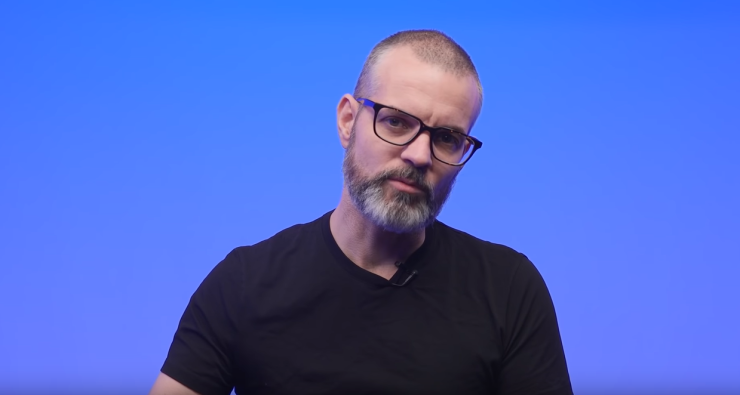
“It allows them to not just charge you what they were already charging you, but make more money over a longer period of time.” Joost van Dreunen continue.
Every company that makes digital media is faced with the same, undeniable fact: recurrent revenue makes stocks go up! That includes microtransactions and DLC (Downloadable Content) because they make more revenue after the initial sale. But they’re small potatoes compared to a predictable, lucrative subscription model, where the money comes in every month. That consistent, nigh-guaranteed stream of revenue is like mana on Wall Street. So publishers moving that direction is inevitable.
“Apple, Amazon, Facebook, Google, all these major tech firms and entertainment companies move to a subscription model or some kind of new revenue model, so it only makes sense for Microsoft and Sony to follow the same thing. They’ve all, in their earnings reports over the last 18 months, said, ‘we’re going to start making more money off of services’.” Joost van Dreunen said.
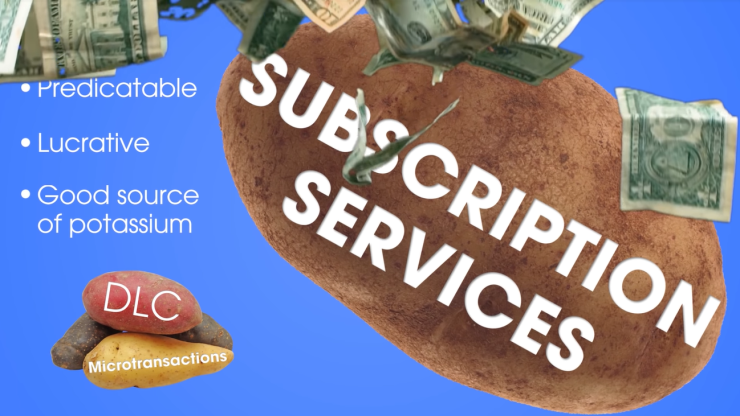
The idea of creating a “Netflix of games” is so potentially lucrative that even non-gaming companies like Apple, Google and Verizon are trying to get in on the action. And that’s why, sooner than you might think, these subscriptions won’t be tied to one device. Like Netflix, you’ll just download the app to your phone or TV or… Switch? We’ve already gotten a taste of this with PlayStation Now, which works on PC. And Microsoft is investing in streaming too. Subscriptions allow games to be platform agnostic,
“And it’s a much easier value to just basically subscribe to something, rather than giving you 60 bucks and hope that it’s okay, right? There’s no buyer’s remorse in the subscription universe.” Joost van Dreunen said.
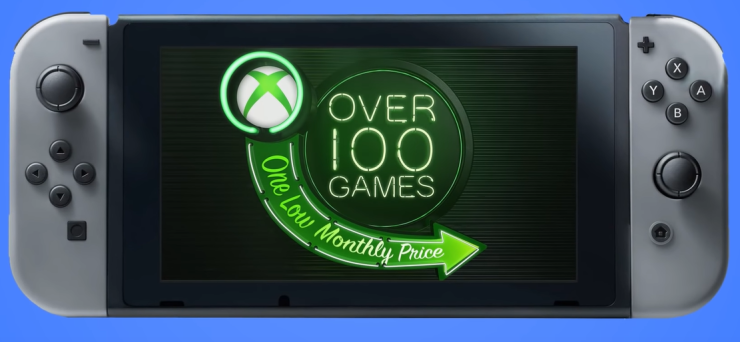
That’s how subscriptions hook you: There will always be something you can play, and even if it’s not incredible, who cares? You only spent 10 dollars! And we know that when consumers have a subscription, they end up using more of the product. According to Microsoft, Xbox Game Pass subscribers play more games - for much the same reason that fair weather cable TV watchers become Netflix bingers. When it’s right there, and you’ve already paid for it, why not keep going? By that logic, it’s hard to say that gaming subscriptions would be bad for all consumers: for lots of people, it could mean paying a lot less for more video games. The question is, what kind of games will those be?
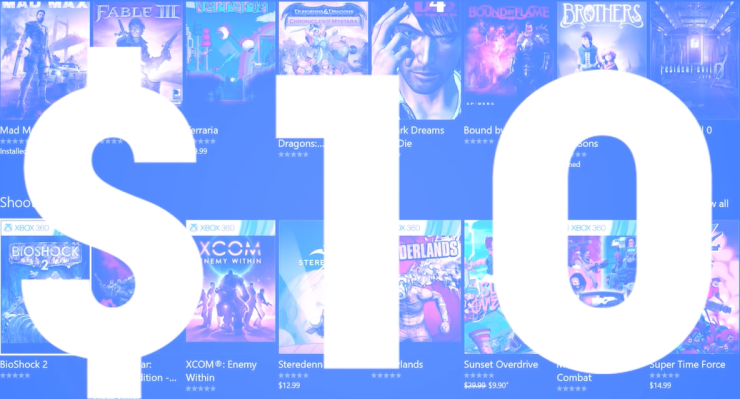
Because the way you pay for games changes how you play those games. Think about the difference between arcades and consoles. Arcade games are designed to extract as many quarters as possible from players, but on consoles, games have to evolve to entertain the audience that had already pay the full admission price.
Future games are almost certainly being developed with gaming subscription in mind. But some games built for the old sales model stand to benefit from the new one. One of those is Crackdown 3. Compared to Assassin’s Creed or Red Dead Redemption, it doesn’t quite feel like a modern, open world game; but as one of the highlight games on the Xbox Game Pass, it certainly can sell people on a $10 subscription. It is Microsoft equivalent of original programming.

Just like video subscriptions, the exclusive titles being released will become a critical part of getting people to subscribe. But once you’ve finished Stranger Things, what do you do? Marathon seven seasons of Arrow, probably. Smaller games will have a home on subscriptions for that exact reason. And that means developers won’t have to meet the expectations of that $60 price tag.
“You don’t have to make something that people will buy at 60 bucks in the store. You don’t have to convince them. You can sort of gradually build a relationship with them and then do something more episodic so from a creative standpoint it opens up a whole bunch of new avenues.” Joost van Dreunen said.

The last time games tried to be episodic, it didn’t turn out so great. But with a gaming subscription service, they make a lot more sense. The developer gets a more consistent revenue stream, and the publisher gets content that keeps people subscribed. And best of all, it could finally mean an end to the debate over how much an indie game is worth. Thank God.
“It is just another creative issue to solve. It is… it’s not… The business challenge in my mind is no different than the design challenge.” Joost van Dreunen said.
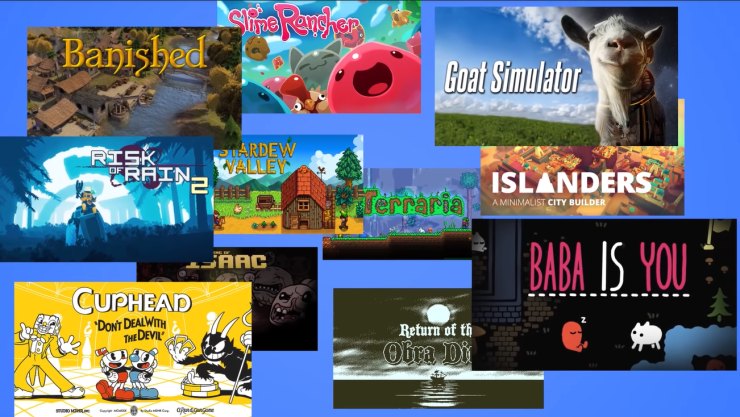
But these games will still be different from what we get today. For one thing, they’ll be influenced by the data and analytics the gaming subscription collects. Subscribers hand over a ton of data about what games they spent the most time on, what visual styles appeal to them, and what extras they are willing to spend money on. If it’s a streaming service, platform owners might even know precisely what moments cause people to stop playing a game, or conversely, which weapon keeps a gamer playing the longest. In other words, developers can quickly spot a trend - and act on it.
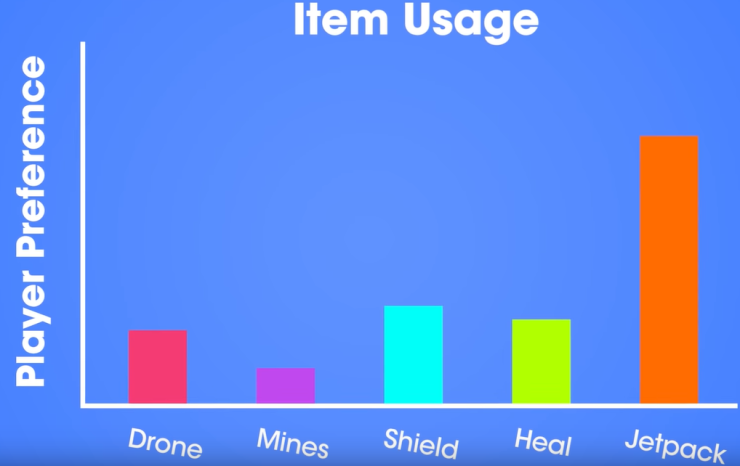
So subscriptions are great news for the people who sell games, and may or may not be great news for the people who play them. But what about the people who make them?
Well, we already mentioned a couple of bright spots of gaming subscription for game makers: more flexibility in the scope, steadier revenue streams, and better user data. But it’s definitely not all good news. And that’s all going to come down to how the pie of revenue gets divided. And the precedent isn’t great. Musicians have long complained about the meager payments they receive from Spotify: fractions of a cent every time someone streams their song. And if game subscriptions use that model?
“Developers that make small standalone games that have no additional monetization opportunity beyond just the sale of the one game, they’re at a disadvantage in a universe where you would get paid based on a number of minutes that someone plays your game because that’s all there is.” Joost van Dreunen said.
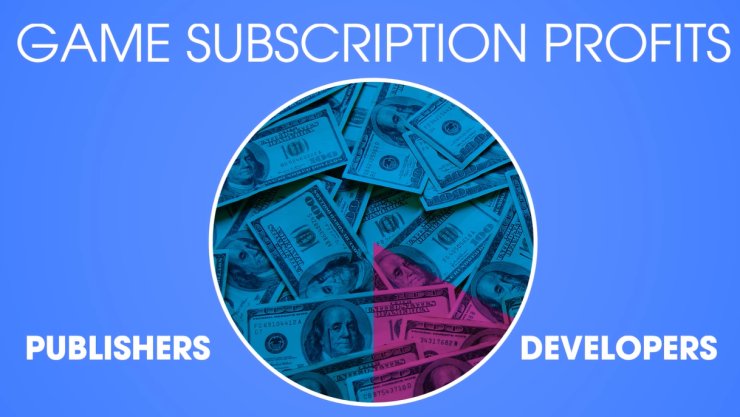
But that’s not necessarily how developers will get paid: they could make deals to sell a game for a lump sum, much like how Netflix operates. Creators will adapt, and just like any other industry going through a shift like this, some may not be able to change.
So what about the gaming subscription that exist right now? Xbox Game Pass looks like it’s taking the curated, HBO-style route, promising “over 100 games”, but more importantly, quality games - games from its first-party studios. PSNow is the first streaming service, and it looks to be following Netflix or Hulu’s strategy of having the most stuff, so who knows, there’s probably something fun in there. And EA Access… er, the Original Access or is it Premiere Access? Look, it is complicated. Regardless, if these services follow in the footsteps of Amazon and Netflix, the one thing we know is that the prices are only going to go up.










Comments